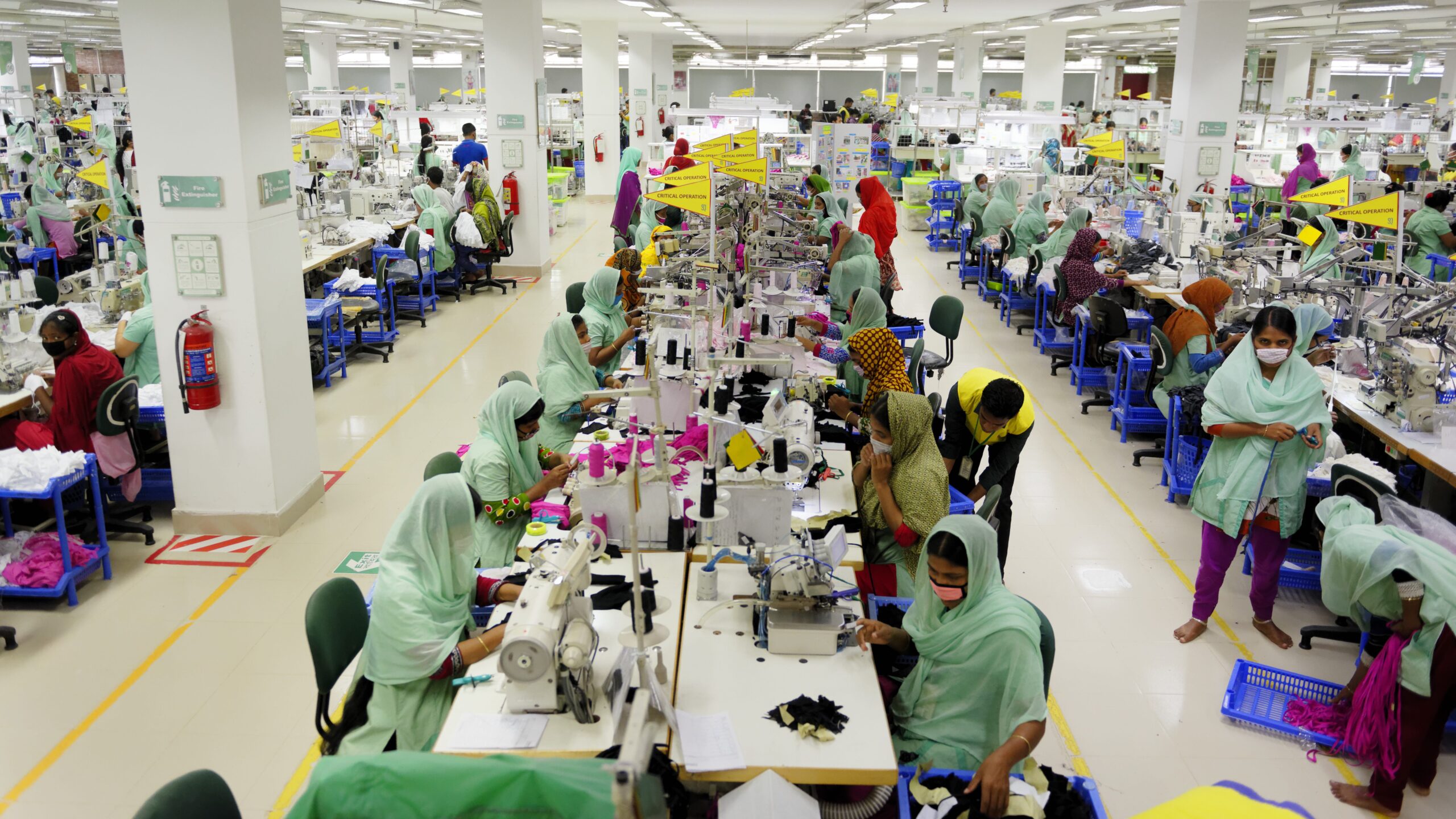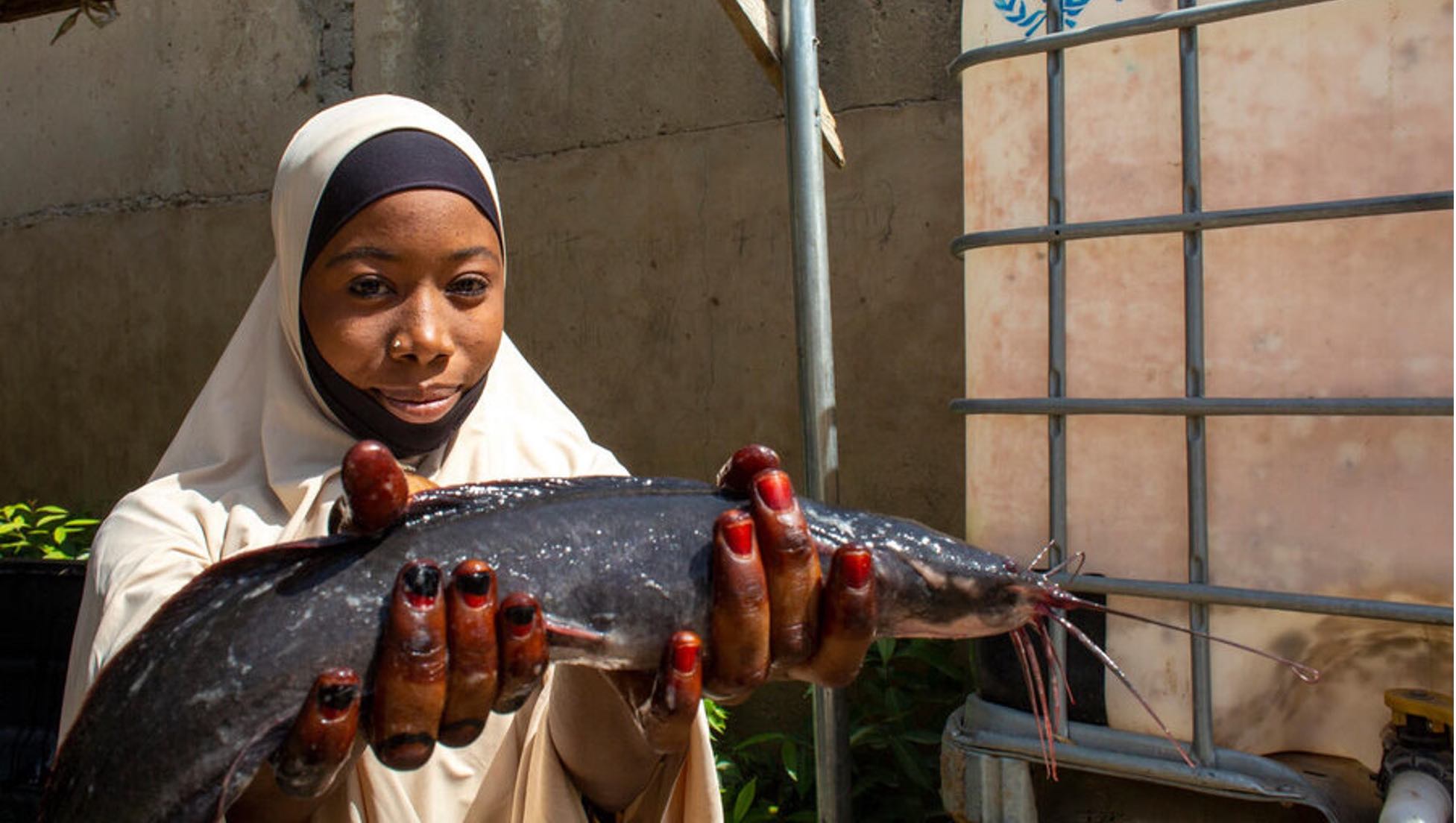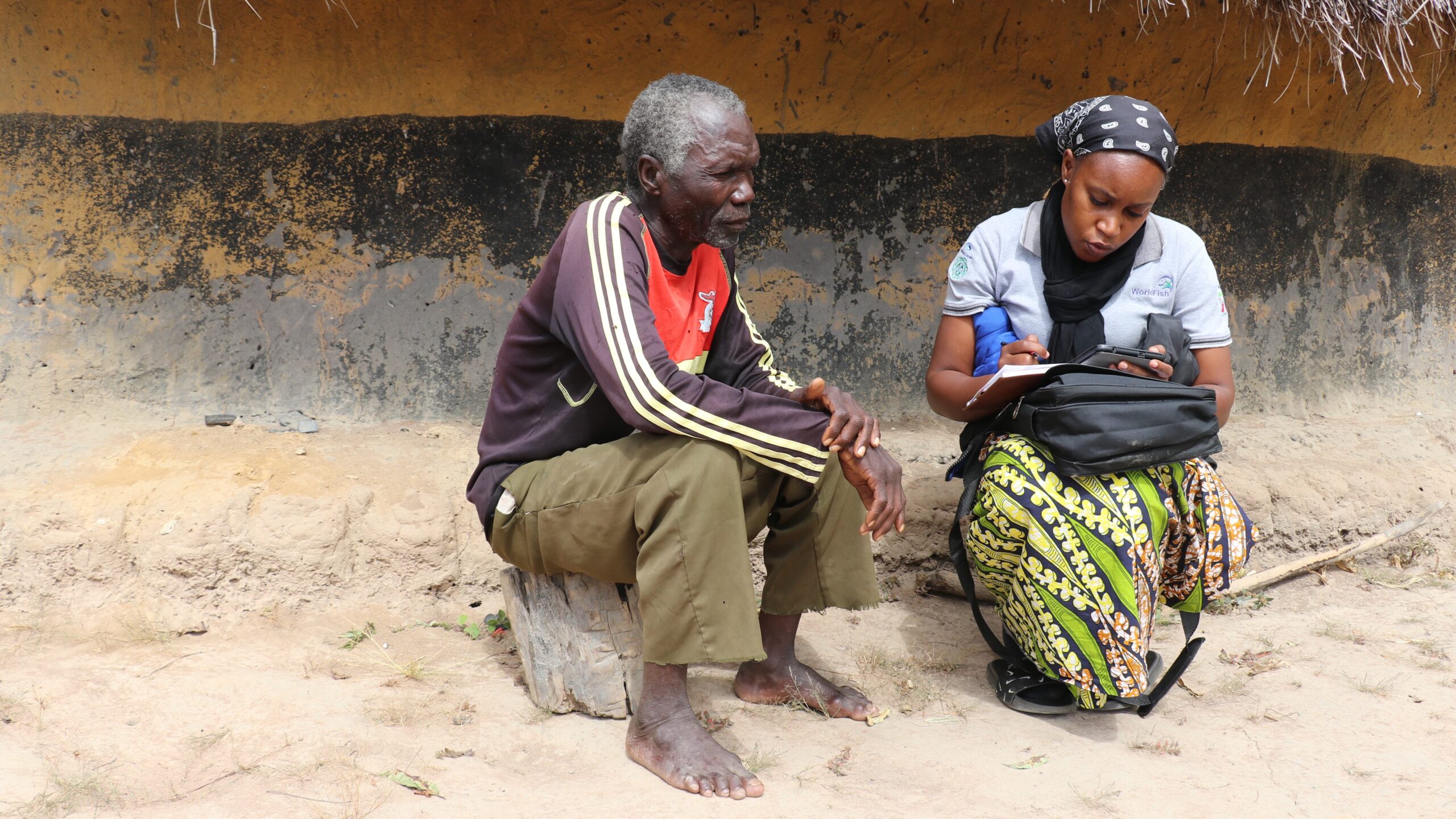Water resource experts in the public and private sectors gather this week in Porto de Galinhas, Pernambuco, Brazil to examine the state of water management in the 21st century.
Guided by four themes—adaptive water management, water resources and global change, governance and water law, and knowledge systems—participants of the XIV World Water Congress will assess the impact of climate change, demographic growth, economic and other drivers on the distribution of dwindling freshwater resources.
More information
IFPRI senior scientist Tingju Zhu will lead a special, IFPRI-led session called Climate Change: Impacts on Water for Food in Large River Basins, during which two new IFPRI research papers will be presented: “Agriculture Water Use Under Climate Change: A Global Assessment” and “Impact of Global Change on Large River Basins: Examples of the Yellow River Basin”.
IFPRI’s water team leader Claudia Ringler will moderate a session entitled ‘Roles of Models in Adaptive Water Management’, which will look at the impact of economic models on water governance decisions. For more information view the complete program.
The ultimate goal of the conference is to devise an updated concept of water management that better integrates scientific, engineering, social, and institutional perspectives.







